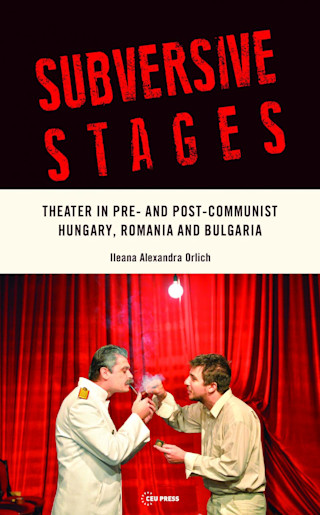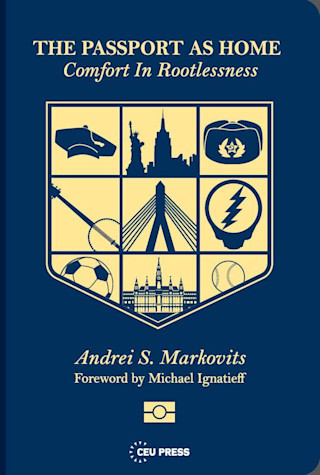
Lidia Vianu
Censorship in Romania
Through a series of interviews with prominent Romanian literary figures and a select presentation of their writings, Lidia Vianu asks how, under communism, did Romanian writers cope with constant ideological shifts and, in turn, respond to the censorship that so often accompanied such changes? Now that Romania has emerged from almost fifty years of Communist rule, what is the current status of censorship?
These writers are important because, though working under the terror of communism, they dared to put their thoughts into writing, remaining true to their craft, and, in some instances, even arranging for publication.
Vianu has chosen a series of subversive writings that not only indicted communism but were also widely embraced by the Romanian public. The author continues to argue that after the fall of communism and the disappearance of subversive literature, the Romanian public started to devour works of translation. A somewhat different form of censorship arose: state-sponsored censorship was replaced by what Vianu terms a crisis of native writing.
+
Purchase from Taylor & Francis 
CEU Press titles are distributed through Taylor & Francis
Author
- Title
- Censorship in Romania
- Author
- Lidia Vianu
- Price
- € 122,00 excl. VAT
- ISBN
- 9789639116092
- Format
- Hardback
- Number of pages
- 244
- Language
- English
- Publication date
- 01 - 01 - 1998
- Dimensions
- 15.9 x 23.4 cm
- Categories
- Discipline
- Social and Political Sciences
- Imprint
- CEU Press

- Also available as
- eBook PDF - € 121,99
Preface
George Macovescu
The Odyssey of a Volume
Maria Banus
No Ideal in the World Could Justify It
Poetry
Ion Negoitescu
The Freedom of Expression Is the Salt of Culture
Vera Calin
Romania Is Not Yet Out of Chaos
Stefan Augustin Doinas
Censorship Distorted Consciences
Poetry
Nina Cassian
I Dream of Belonging to the Global Culture
Poetry
Petre Ghelmez
Censorship Is a Tension
Poetry
Eugen Simion
The Romanian Literary Critic Still Cherishes Utopias
Matei Calinescu
The Intellectual Scar
Ion Vianu
The Trap of History
Dumitru Radu Popescu
Burdened with the Censorship of Freedom
Marin Sorescu
This Age Belongs to Primitive Energies
Poetry
Ileana Malancioin
The Only Obstacle Was Myself
Poetry
Virgil Nemoianu
Break of Contact with Reality
Mircea Martin
Pact with Censorship
Mihai Ursachi
What Future Do We Expect for Mankind?
Poetry
Ana Blandiana
Nobody Exists in Vain
Poetry
Nicolae Prelipceanu
Censorship-The Wooden Shoe
Poetry
Lucia Negoita
To Save Our Souls
Adriana Bittel
Evil Sieve
Prose
Dan Verona
The Nightmare
Poetry
Mircea Dinescu
The Revolution Must Take Place in Their Minds
Poetry
Daniela Crasnaru
Recuperating Our Freedom
Poetry
Denisa Comanescu
Our Father Only at Home
Poetry
Florin Bican
Language behind Gilded Bars
Simona Popescu
The Black Holes
Index





